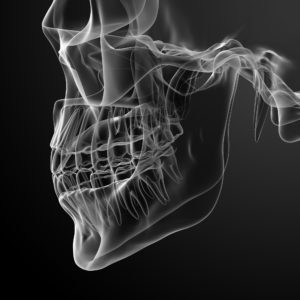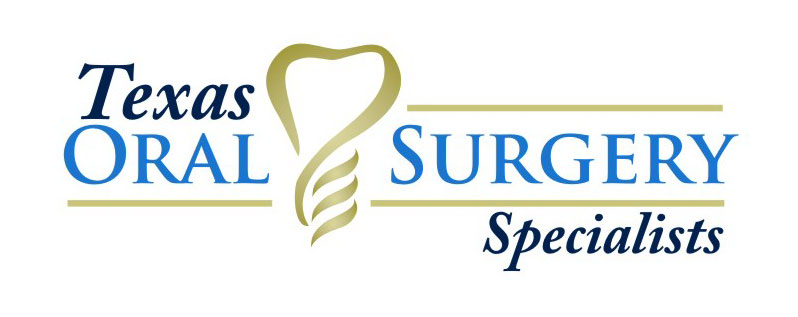 The decision to undergo jaw surgery is a big one, but doing so can have even bigger benefits for your oral health and quality of life. Orthognathic surgery can correct structural abnormalities that cause chronic pain. Treatment can also improve your oral function so that you are able to breathe more clearly, eat more comfortably, and even speak more articulately.
The decision to undergo jaw surgery is a big one, but doing so can have even bigger benefits for your oral health and quality of life. Orthognathic surgery can correct structural abnormalities that cause chronic pain. Treatment can also improve your oral function so that you are able to breathe more clearly, eat more comfortably, and even speak more articulately.
At Texas Oral Surgery Specialists, Dr. Chris Tye offers many types of jaw surgery to address a variety of health needs. With degrees in both dentistry and medicine, he has a detailed understanding, not only of the jaw, but also of the role it plays in overall oral function and physical health. If you have been told you need jaw surgery, or if you struggle with any of the following issues, contact our office today to book your consultation.
1. Severe TMJ Disorder
TMJ Disorder is a chronic condition affecting the temporomandibular joints, which connect the jaw to the skull. Damage to these joints can cause significant jaw pain, even radiating into your face and neck. Chronic headaches, ear pain, and a popping noise when you open and close your mouth are also common. The condition is quite prevalent, affecting an estimated 5 to 12% of the population.
Although Dr. Tye recommends conservative TMJ Disorder treatments to begin with, if these do not prove adequate, jaw surgery can be an effective way to end your chronic pain. In many cases, he can perform minimally-invasive arthroscopic surgery. In these instances, he will insert a small camera through a tiny incision. In this way, he can diagnose the source of your jaw pain, and he can also repair problems with the ligaments and other soft tissues. More severe cases may necessitate open surgery. With this procedure, Dr. Tye can remove excess bone tissue, reposition the soft cushioning disc inside your joint, or even replace it with an artificial disc. One study reported that 71% of patients who underwent open jaw surgery for TMJ enjoyed a significant reduction of pain.
2. Facial Trauma
Violence, falls, and car or motorcycle accidents are the most common reasons that patients experience facial trauma. A serious blow to the face can cause a variety of symptoms, including:
- A changed appearance
- Difficulty breathing
- Numbness or changes of sensation in the face
- Upper jaw movement when holding the head still
- Missing teeth
- Vision changes
There are a number of different types of jaw surgery to correct facial trauma. The specific procedure that Dr. Tye performs will depend on the type and location of your injury. In every case, he takes a comprehensive view, considering your appearance, as well as the location of nerve endings and the effect that facial trauma can have on your dental function.
3. A Protruding Jaw
A protruding lower jaw, or prognathism, can affect both your appearance and your oral function. You may also suffer from dental misalignment that cannot be corrected by traditional orthodontia. In turn this can increase your risk for worn teeth and dental decay. A severely misaligned jaw can even make it difficult to talk and eat properly.
To correct a protruding lower jaw, Dr. Tye may perform a procedure known as mandibular osteotomy. Working from small incisions made inside the mouth, he will move the lower jaw backwards, securing it in place with tiny screws. Although the procedure does require a longer recovery, patients find that their improved health, appearance, and self-esteem is worth the commitment to treatment.
Contact Us to Learn More about Jaw Surgery
If you are going to undergo orthognathic surgery, you deserve to receive care from the very best. Dr. Tye is a renowned surgeon, treating patients from Colleyville, Grapevine, Southlake, and across Texas. Contact us online to schedule a consultation or call us at (817) 552-3223.


